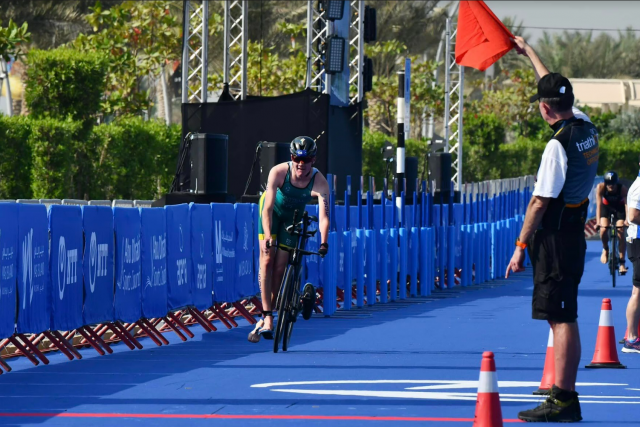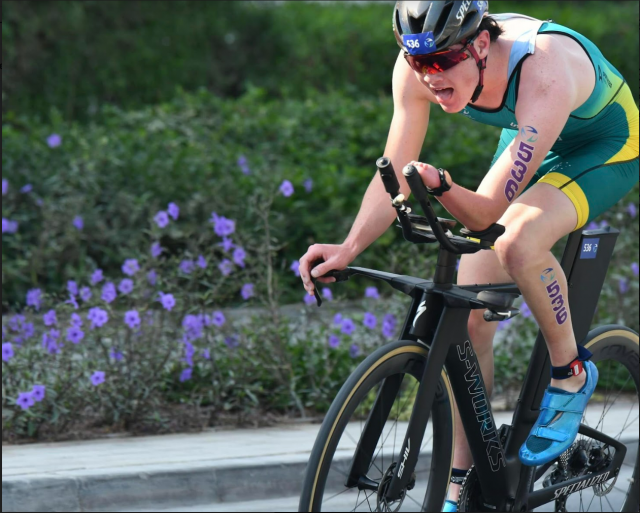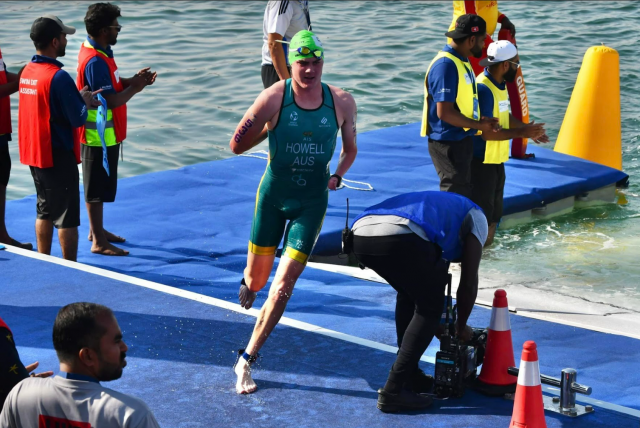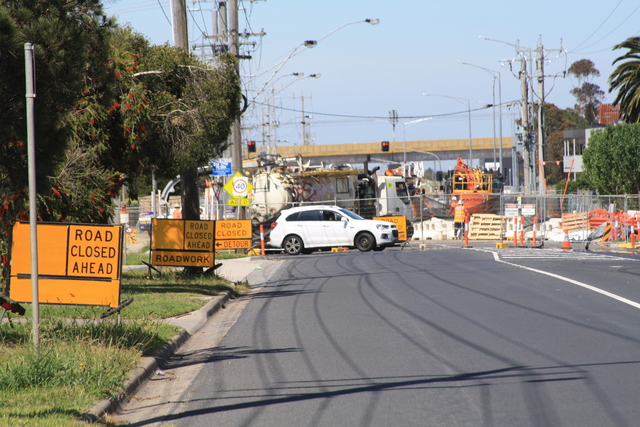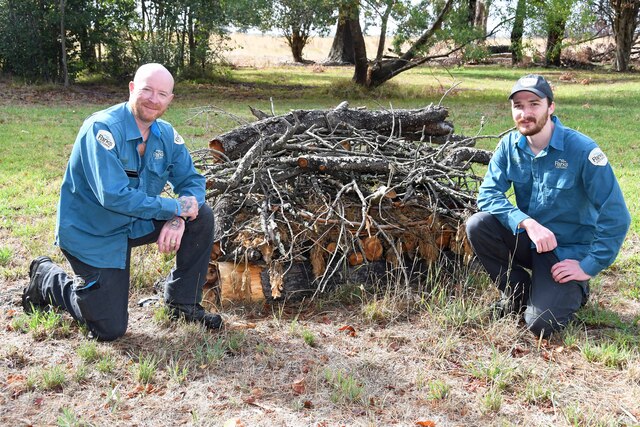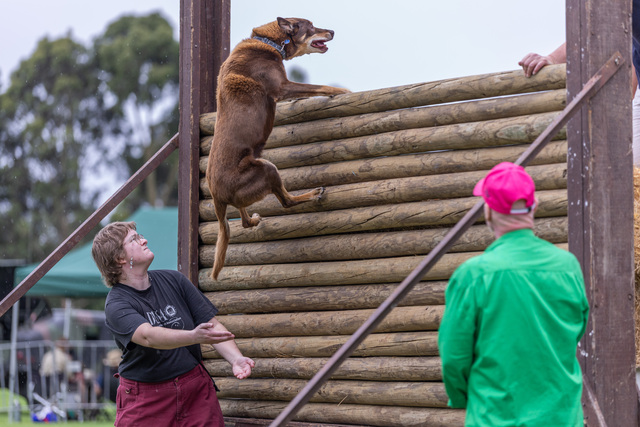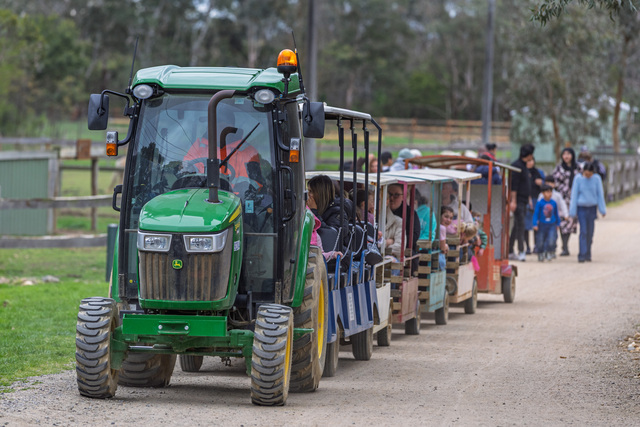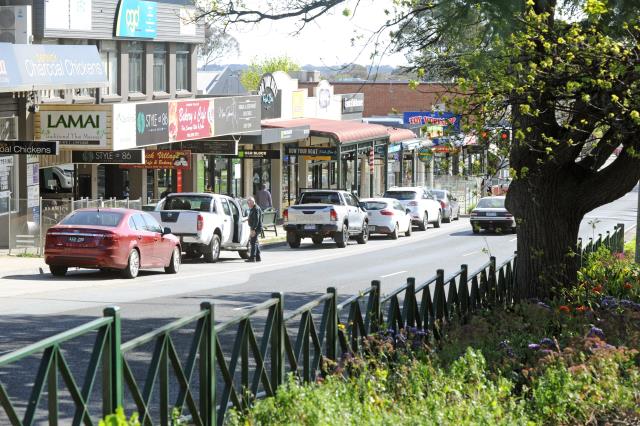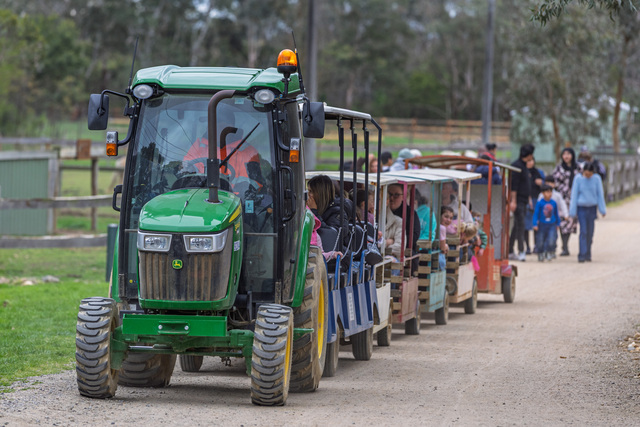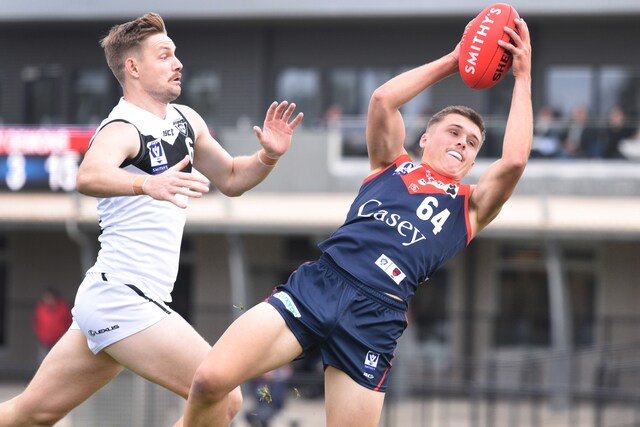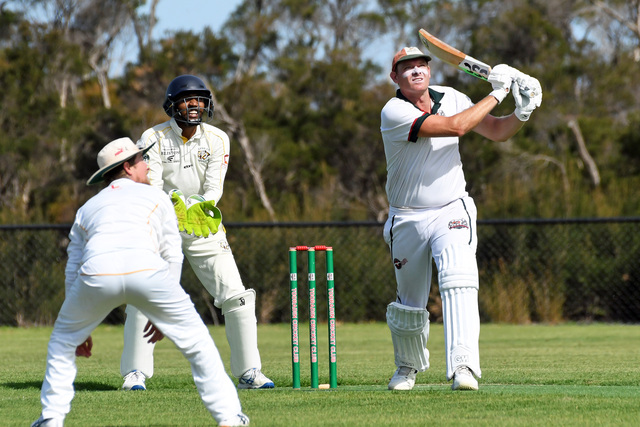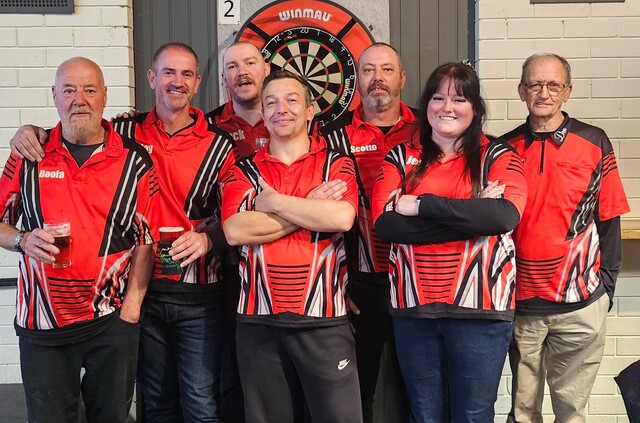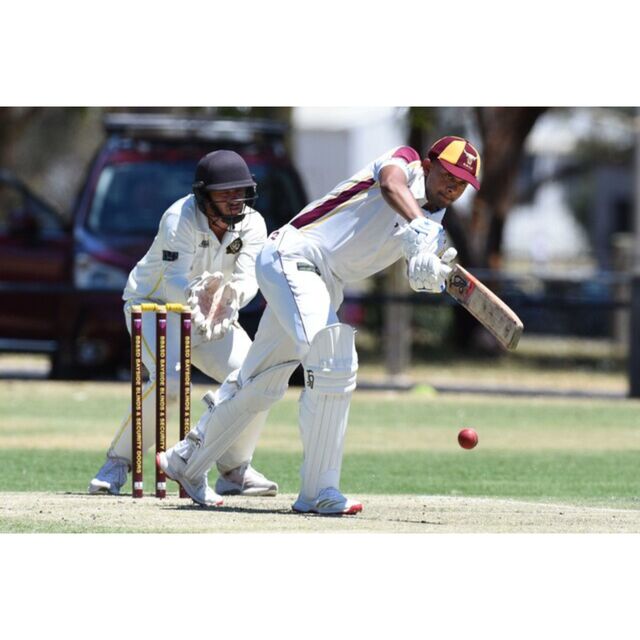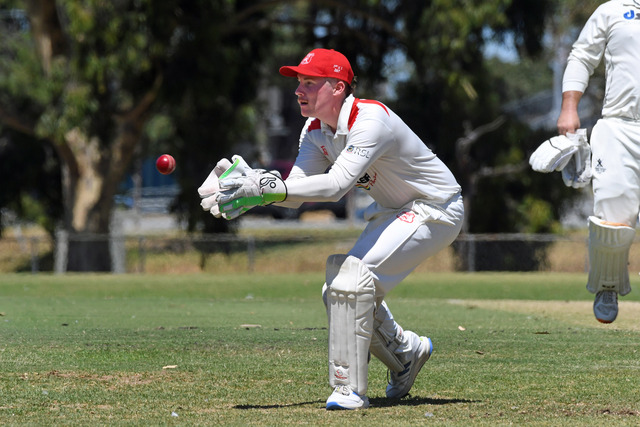18-year-old Berwick Paratriathlete Jack Howell is gunning for a ticket to the 2024 Paris Paralympics. A strong world championships debut last month has proved he can match it with the best of the best. Now he’s had a taste of it, he wants more, as Star News journalist Jonty Ralphsmith finds out.
He wasn’t even certain to be there.
But Berwick triathlete Jack Howell’s confidence propelled the 18-year-old to a seventh-place finish at the Paratriathlon World Championships in Abu Dhabi in November.
A strong run leg to finish off the race lifted Howell from ninth, the mark where he spent much of the race.
Arriving in the United Arab Emirates just under a week out from the race, the heavy desert climate hit Howell, who departed Melbourne during an unseasonal cold snap.
The temperature reached fever-pitch on race day as the water heated up to 29 degrees – about 17 degrees warmer than what he’s accustomed to in Port Phillip Bay.
“It was like swimming in a hot bath,” Howell said of the swim-leg.
“I wasn’t used to that, so that was a shock to my system; for the rest of the race I was battling with the heat, my actual speed and performance was slower than I was known for.
“It took about half the run for me to bring down my body temperature using the water, and not even drinking much of it, because I was hydrated, it was just trying to cool myself down.
“I have never raced in any environment like that, so it was a good race for the experience, and it was a fairly decent result.”
“Decent result” is probably underselling it.
Given 2022 was Howell’s debut year of racing on the international Paratriathlon circuit, he had not accumulated the points to be in the top-12 worldwide, necessary to gain automatic qualification – but capitalised on his opportunity.
“Being invited to the race, it basically means the mindset was that now I have a chance to race, I’ve got a point to prove,” Howell said.
“I’m a firm believer of hard work pays off, so if I know I have done the work and I know I can race a good race then my mind shouldn’t stop me.”
Howell crossed the finish line after 01:03:24, his slowest time of the year but perhaps his most important at his debut World Championships.
Howell’s changeovers were third and fourth quickest respectively, with his ride being the area that let him down as his 20 kilometre cycle was the second slowest – almost three minutes slower than the winner.
“I’m not as big and my riding is where I lose most time in my races – only 40 seconds to a minute which isn’t much, but it all comes out in the wash, so it’s just about putting in the work on the bike and it’ll come through eventually,” he explained.
“Moving forward, I will be working with the coach and finding out how I could improve my cycling, using VIS (Victoria Institute of Sport) to help identify what I could do to help those weaknesses.”
While he partially attributes it to the heat, it’s a deficiency he wants to improve on with his average cycle from six events in 2022 being just more than 33 minutes.
Howell was born with an absence of the left hand and shortening of the left forearm, known as symbrachydactly.
Thus, his left hand sits in a cup-like device during the race, allowed in the PTS5 category where athletes race with mild impairments and are permitted to use supportive devices.
The nature of the disability reduces his power in the swim and also affects his ride, but racing exclusively against able-bodied athletes until last year has sharpened his approach to racing.
“I feel like it has given me an edge on my competitors, it means not looking at drawing out any areas where my disability might impact,” he said.
“In able-bodied racing you can’t have any weak points, you need to adapt and keep up.
“I can’t let one-handed shoe tying and helmet clips slow me down.
“I carry this mentality into Paratriathlon and I feel that it gives me an advantage.
“Having a hand disability, I could easily say my swim is going to be slower and I am just going to live with that, but racing as a junior against able bodied athletes I haven’t had that excuse, you can’t have any excuses there.
“So racing (as a) junior has given me that mindset of not having any excuses.”
The Berwick boy, younger than the rest of the Aussie squad by at least nine years, wants to consolidate his place in the top-10 as that would give him automatic qualification for the 2024 Paris Paralympics.
Last weekend, he put that mindset firmly into action, winning the National Triathlon Championship in the 15-19 year-old age group against able-bodied competitors.
It’s an unprecedented result which has the Kambrya College graduate’s 2023 off to a splashing start as he becomes the only paratriathlete to hold consecutive national titles in para and able-bodied events.
LOOKING AHEAD
The 2023 season is an important one for Howell.
In his second year on the international circuit, Howell’s strong result in Abu Dhabi has him sitting at seventh in the 2023 Paratriathlon rankings, though he still sits 14th overall.
Traditionally, triathletes have been said to peak at about 28-years-old, but Howell believes his five years of racing experience has primed him to match it with the best.
Backing up his belief, while the gold medal winner at the 2020 Tokyo Olympics was 26 at the time, the other medalists were 22 and 23-years-old.
He is training for 20-25 hours per week to keep himself in peak condition.
“As long as I keep up the good work and performing where I am, the main thing will not be leaving it to chance, not sitting in the bottom part of the top-10, because all it would take would be one bad race and you might lose your spot,” Howell said.
“So my aim overall would be to be top five to top six to concrete my place on the start list.
“A lot of people can get carried away with doing too much in an endurance sport, which leads to injuries and body fatigue, (but) you’d rather put in four good weeks of work than three really hard weeks and then have to take a week off because of your body.
“I use the resources I have to identify what I need to do and then work on it.”
Underlining the regard he’s viewed in by Paralympics Australia, late last year he was placed on the ‘long-list’ for the games, essentially indicating the body believes he is a strong chance of making the games.
But the steepest hill the Swinburne student-to-be has to run up to qualify is just getting to the starting line of enough races.
He receives only a small amount of funding as a Para athlete, barely enough to fund the costs to attend two races, let-alone the five or six he believes he needs to race to confirm his spot among the best.
Howell relies on financial assistance from his family, fundraising and disability grants from organisations such as Variety Vic, Dylan Alcott Foundation, Select Smiles, and Sports Access Foundation.
Now that he has proven his racing ability, he is searching for local businesses to come on the journey with him.
“If I don’t have enough money it will mean I don’t have the opportunity to race – which would mean qualifying for the Paralympics would be out of the question,” he said.
“At the moment it is not a limitation of ability or personal performance, but racing limitations due to funding.
“Donations above $5000 (would) allow me to put a company’s logo on my suit, which is direct media attention and recognition, as well as the fact I am becoming a public speaker, which I would offer.”
Howell, whose eloquence shines through as he discusses his journey, has spoken about topics including motivation, the importance of fitness and his own journey as a Para athlete in front of as many as 1500 people.
He has completed a speaking course with the Victorian Institute of Sport (VIS) and has experience presenting for the Australian Institute of Sport, VIS, Rotary, Variety and the AFL Grand Final Lunch event.
“It doesn’t daunt me,” he said, offering an insight into his confidence.
“That fear of speaking to a large group of people is always in the back of your head and you’re always going to tighten in the throat, but a bit like triathlon, if you know what you’re speaking about and why you’re speaking about it, and who you’re speaking to, it gets rid of that nervousness.
“It’s like training, it just takes a little bit of effort, generally the people who are scared of speaking in front of a group are scared of failure.
“If you get rid of that fear of failure you’ll be able to speak as freely as you want.”

